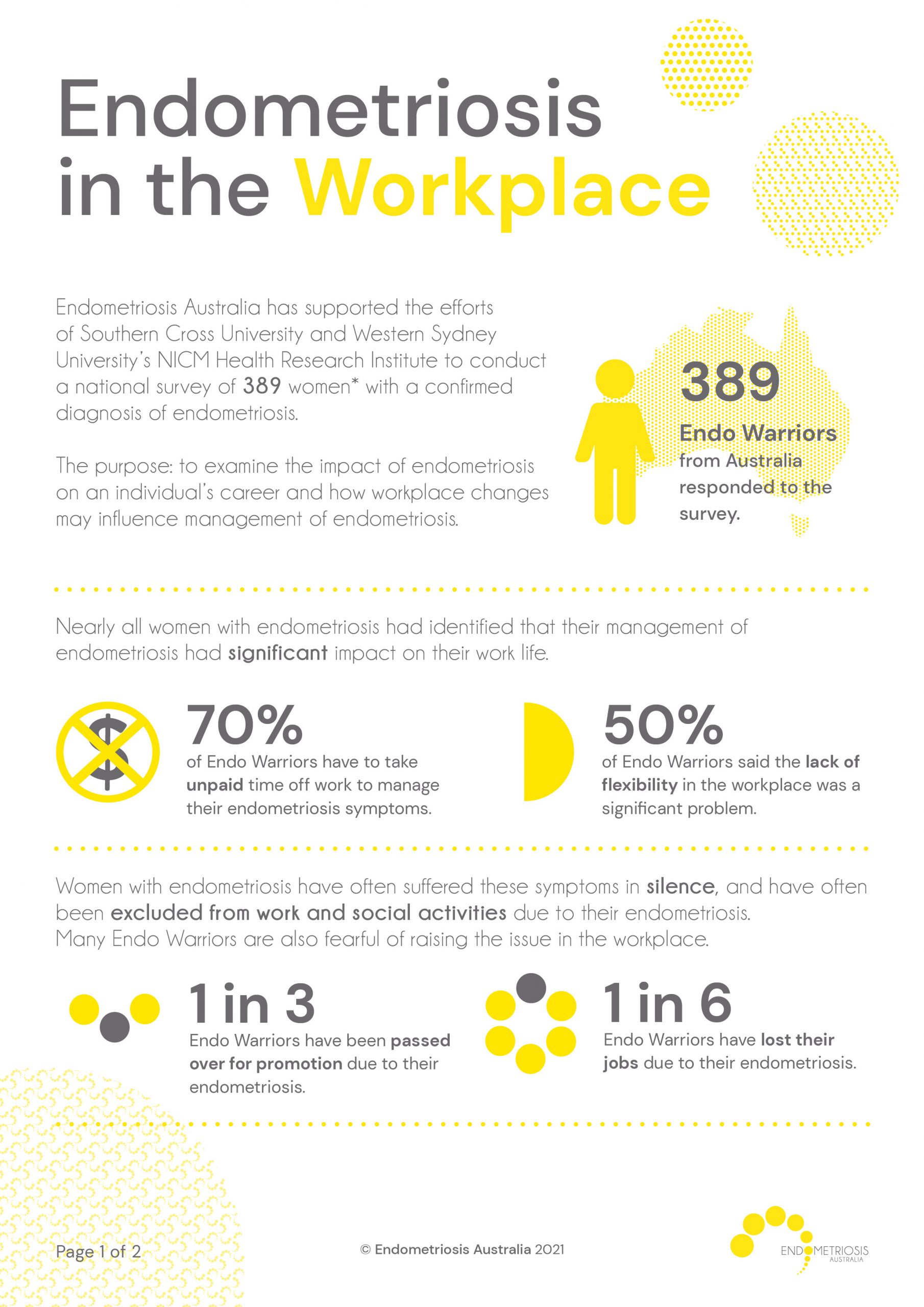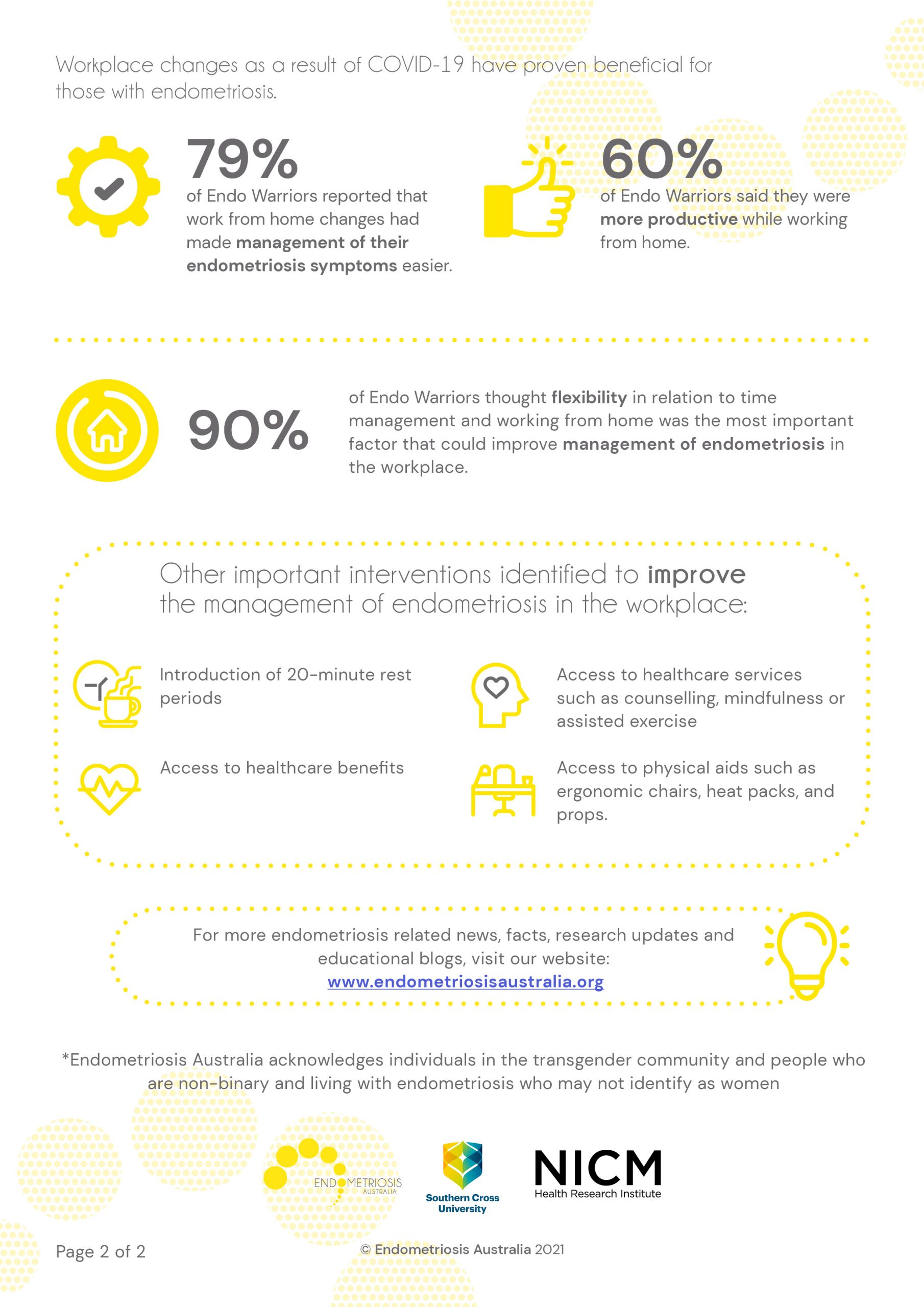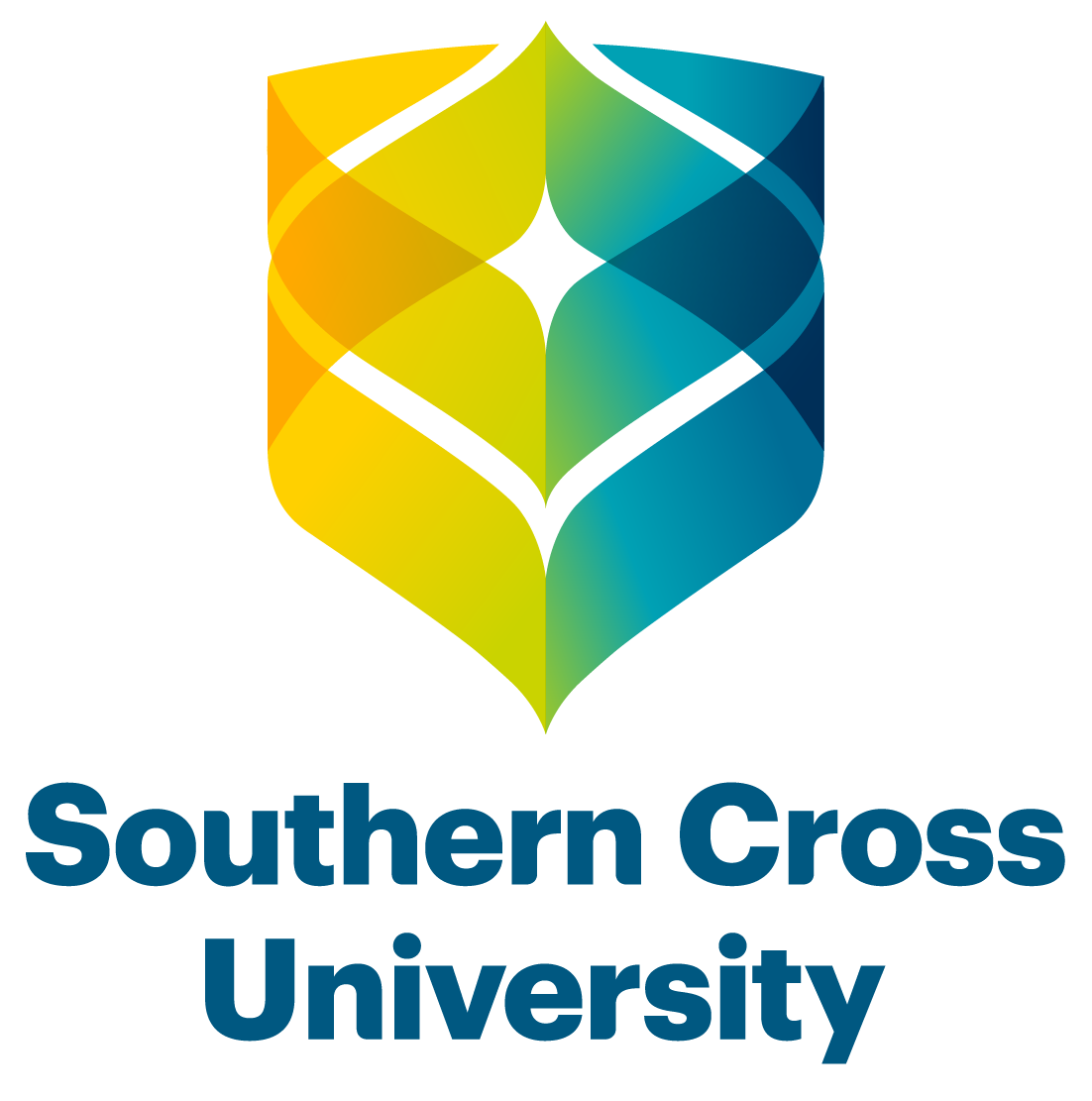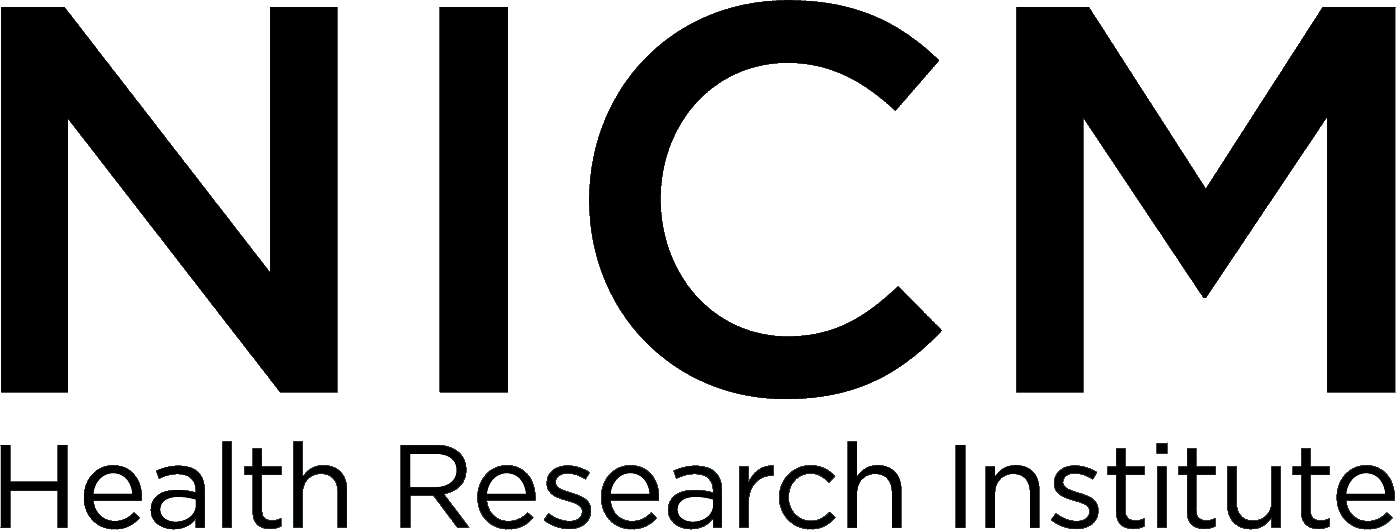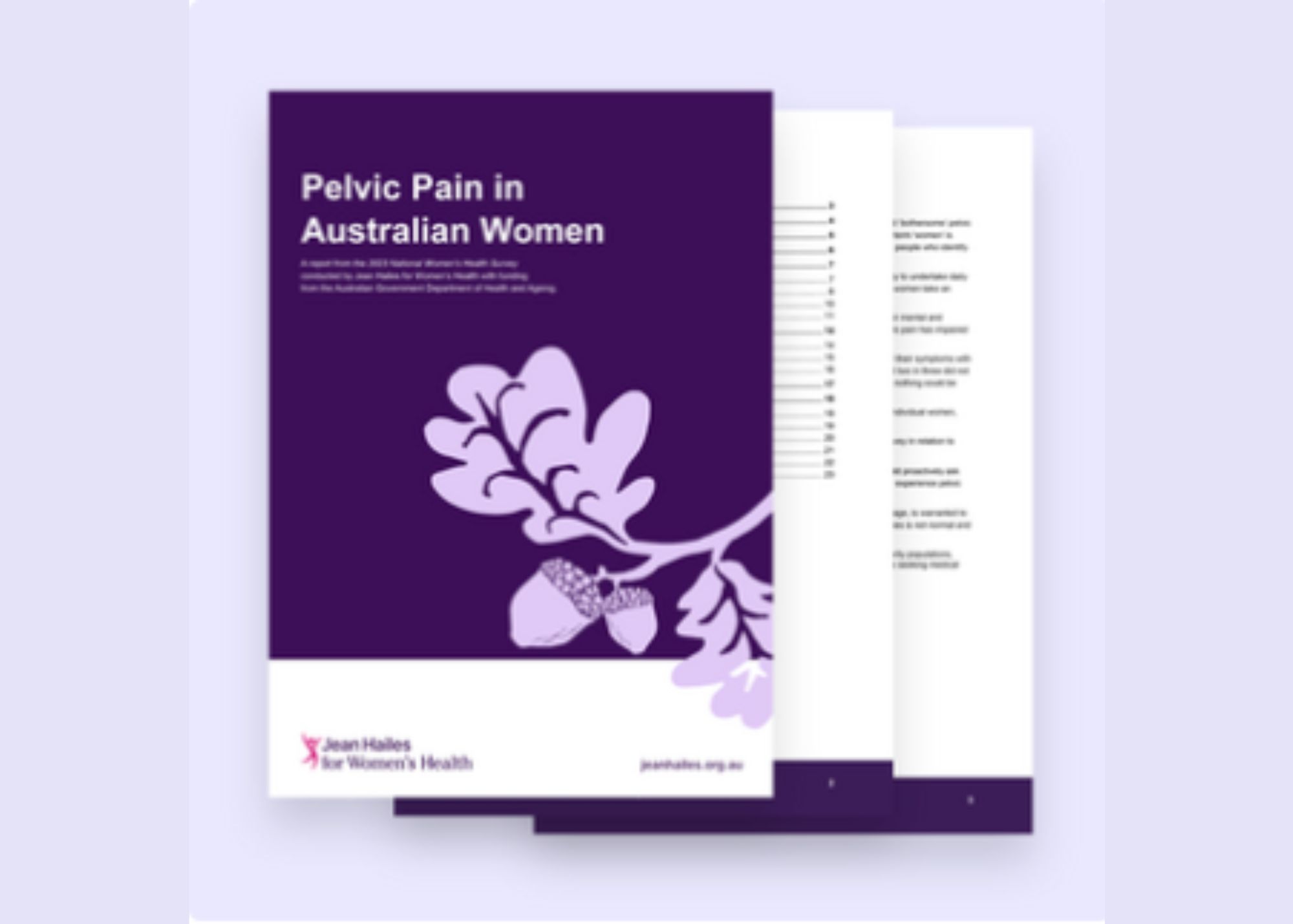Endo Au Workplace Accreditation Program for Employees
Endometriosis Australia has developed the Endo Au Workplace Accreditation Program to enable people with endometriosis to engage more fully in work while still supporting their own wellbeing and maintaining productivity. This is fundamental in all employment but especially for sufferers of this life-defining disease.

One in seven Australian women and those assigned-female–at–birth (AFAB) suffer from endometriosis (endo). With nearly 1 million girls, women and those assigned-female-at-birth (AFAB) in Australia suffering from endo, the cost of illness burden is approximately AUD $9.6 billion each year or roughly $30,000 per endo-diagnosed Australian per year (Armour et al, 2019).
The majority of those costs reflect a loss of productivity while at work, but also reflects other out-of–pocket expenses such as pharmaceuticals, surgeries, carer support, allied health and complementary medicines (Armour et al., 2022).
“Consequently, those with endometriosis have to contend not only with reduced income (e.g., part-time work, use of sick leave, missed opportunities) but also considerable expenses related to disease management.” (Armour et al., 2022: p. C31).
Endometriosis Australia’s recent research completed in partnership with experts from Western Sydney University, the University of Technology Sydney, and Southern Cross University is informing the development of our Endo@Work program and policy development with the following findings:
- one in six people with endometriosis will lose their employment due to managing the disease.
- one in three will be overlooked for a promotion.
- 70% have to take unpaid time off work to manage symptoms.
- 50% said lack of workplace flexibility was a significant problem.
- 79% reported that work-from-home protocols made managing their symptoms easier.
- 60% said they will be more productively working from home.
- 90% thought flexibility in hours and working from home could improve their management of endo in the workplace.
Those with endometriosis who gain and keep jobs attribute their success to flexible and reasonable workplaces and understanding and empathic managers and colleagues. COVID-19 restrictions (WFH) have demonstrated that for those with endometriosis, changes in working arrangements, mostly around the ability to self-manage working hours and rest breaks, improved their quality of life and productivity.
Want to inform your employer about Endo Au Workplace Accreditation Program?
The accredited Endo Au Workplace Accreditation Program enables organisations to sustainably and strategically take meaningful action to support their employees with endometriosis.
Endo@Work Research
Endometriosis Australia supported the efforts of Southern Cross University and Western Sydney University’s NICM Health Research Institute to conduct a national survey of 389 participants with a confirmed diagnosis of endometriosis.
The purpose: To examine the impact of endometriosis on an individual’s career and how workplace changes may influence management of endometriosis.
Endometriosis Blogs
New scholarship for nurses to help Australians living with endometriosis
In collaboration with the Australian College of Nursing Foundation (ACNF), Endometriosis Australia is launching a new...
National Women’s Health Survey: Pelvic Pain in Australian Women 2023
Almost half (47%) of Australian women have experienced pelvic pain in the last five years, according to new research...
From leaps to bounds: Workplace Accreditation Program, Research updates, and more!
I am pleased to bring you some exciting updates. Straight off the bat, I congratulate the Australian Women’s Cricket...

